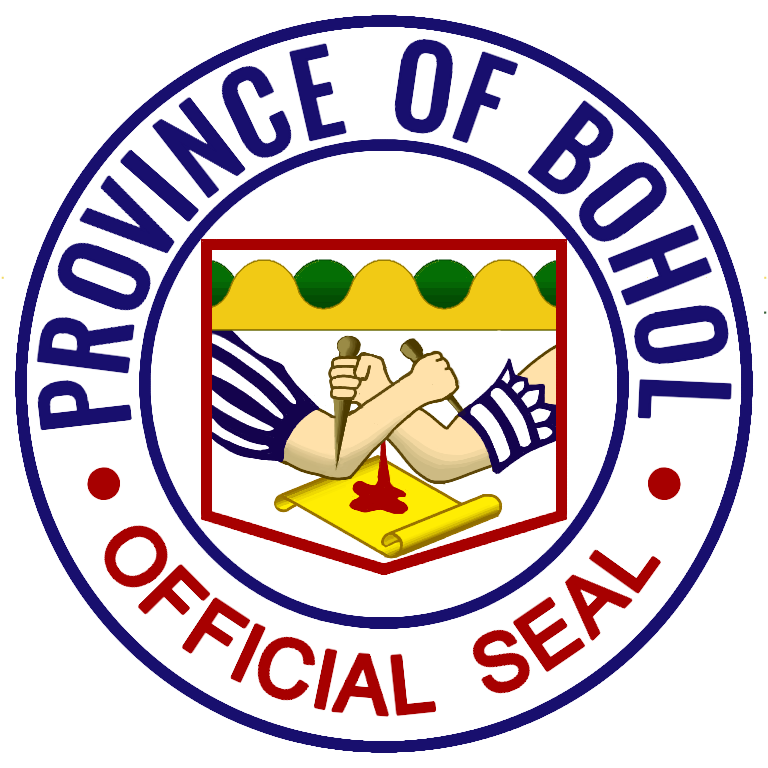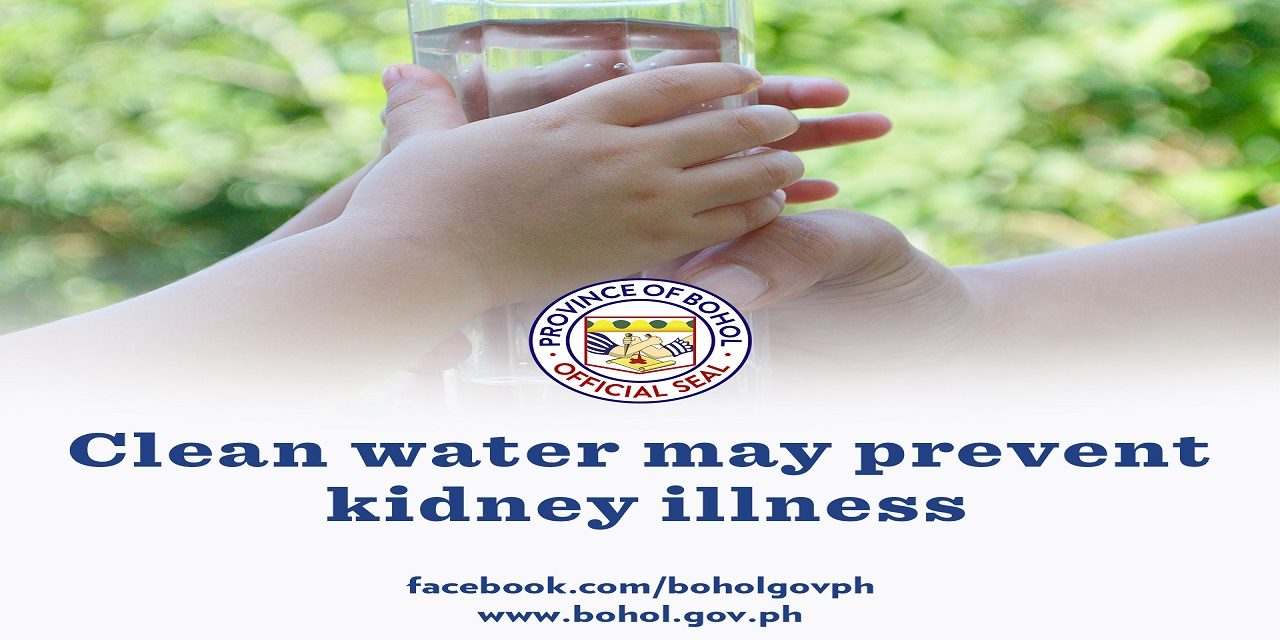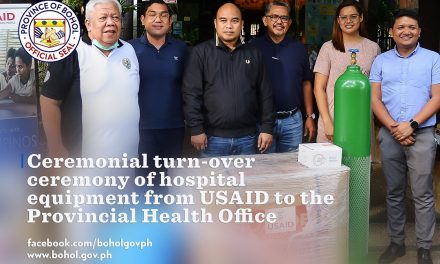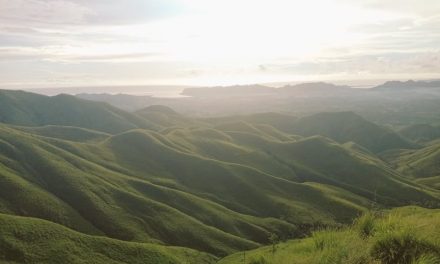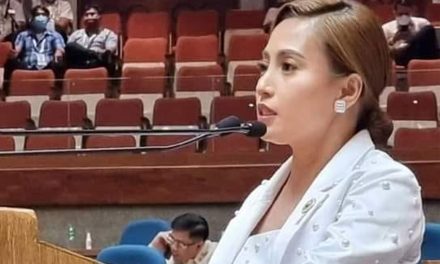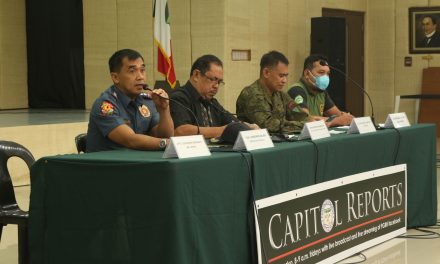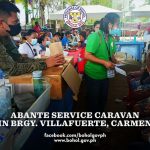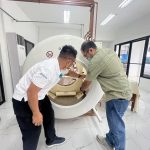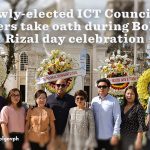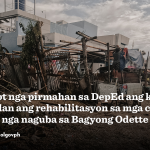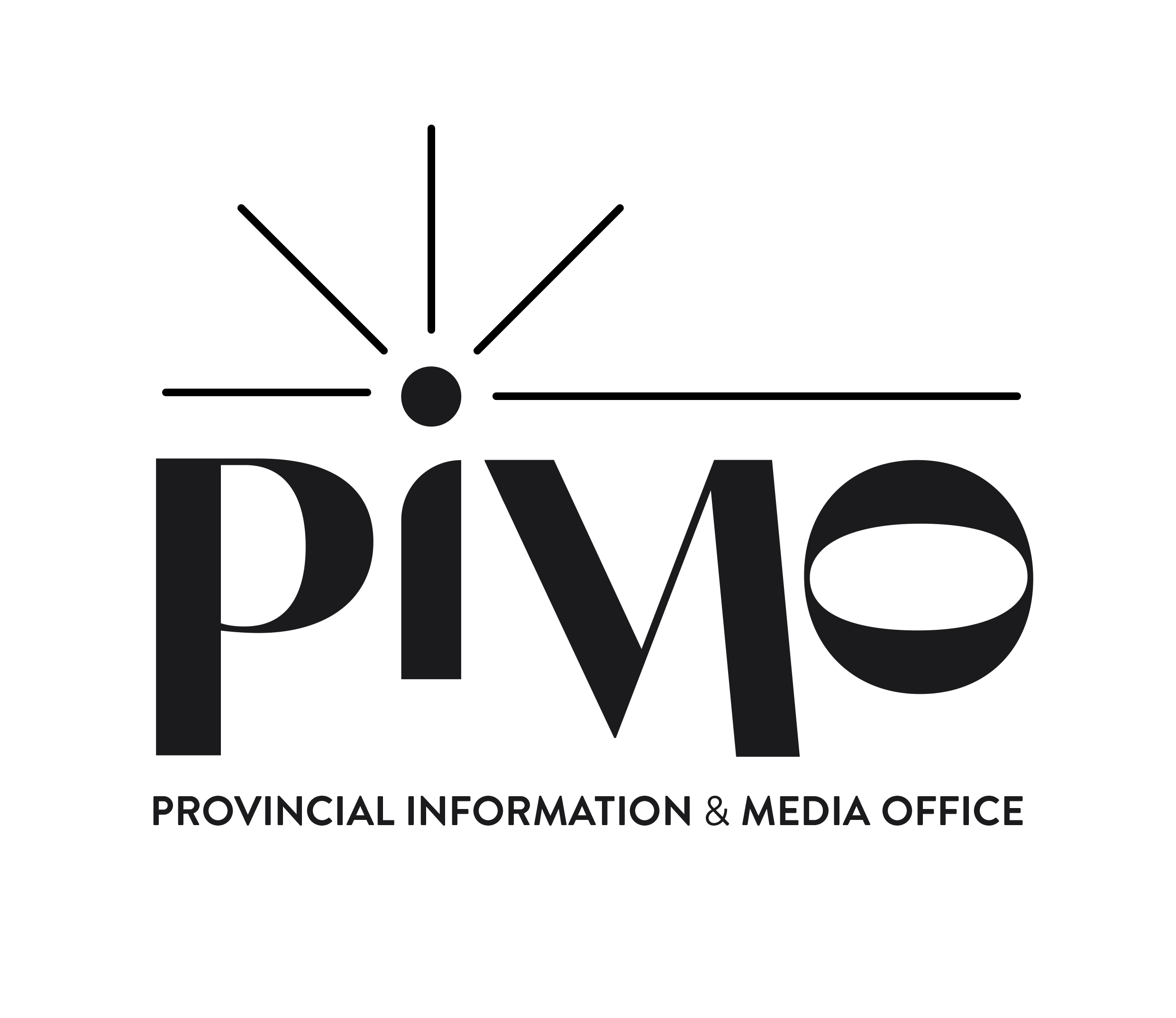Drinking clean potable water may prevent kidney-related diseases among Bohol residents, Richli Corporation chairman Richard Lim told the media in a press conference recently.
Development Bank of the Philippines (DBP) president Manny Herbosa reinforced Lim’s suggestion.
“The people must understand that if they want to have clean and safe water para makaiwas sa sakit, they must be willing also to pay the price,” he said in the same media forum held at the posh Eskaya resort in Panglao town, the premier tourist town in Bohol.
He also stressed why clean water may be expensive. “Isipin nyo, kung mura ang tubig pero magkasakit naman kayo, e di mas malaki pa ang gagastusin niyo sa dialysis,” he added.
This came as more and more Boholano suffered kidney-related ailments. And for those who are experiencing kidney-related illness, they’re into an ordeal in dialysis which is becoming expensive.
The supposed potable water in the municipalities and those in refilling stations in Bohol has become “alarming” for they did not pass the tests.
There’s more non-potable water than potable water, Provincial Board Member Lucille Lagunay said in her privilege speech recently after she got test results of the water samples from the Provincial Health Office (PHO).
“The values derived from the reports are alarming and if I may say so, a violation of our people’s basic human rights,” she said.
In her probe in aid of legislation on the matter, particularly level III water system, she found that “from the PHO Water laboratory showed an average of 38% potable water and 62% non-potable water for the period January 2021 to June 2022 based on the water samples submitted by sanitary inspectors.”
“Potable water is defined in the Bohol Environment Code as free from impurities in amounts sufficient to cause disease or harmful physiological effects in humans and conforming to latest drinking water standards.”
Data she showed in her speech revealed that a total of 705 non-potable water as against 797 potable water of level III water system (individual house connection) during the period January to June 2022. This (705) is higher than 620 (non-potable) for level III in 2021.
There are 406 non-potable produced by water refilling stations of the same period this year, she said. The figure (406 for non-potable) is higher than the 306 in water refilling stations for the period January to December 2021.
When asked if she’s willing to make public her findings and names the towns, including water refilling stations, she said she will when time comes.
She said in an interview that the quality for potable water appeared to be neglected in past administrations.
She said in a separate interview that the attention was given to the water pollution only during the administration of Gov. Aris Aumentado’s father, then Governor Erico B. Aumentado. The former governor issued an executive order for regular reporting of water sampling and test results from the municipalities, she added.
Another hitch is that “extent of compliance by sanitary inspectors of respective areas and municipalities in submitting water samples for examination. Fourteen (14) observed high compliance at 75%-94% and eleven (11) complied at an average of 50%-74%.”
“However, eighteen (18) areas and municipalities have low compliance at below 50% while one municipality is absolutely non-compliant without submission of any water sample for the period January 2021 to June 2022.” But she did not name the said town.
This prompted her to propose to her colleagues the creation of Provincial Water Quality Management Task Force to regularly monitor and analyze the quality of all water sources in every municipality to ensure public health and general welfare.
“To maintain potable water sources in the province would mean sustainable development of its people and economy. Let’s make Bohol a safe and healthy place to live in,” Lagunay concluded.
The corporation has suggested to water consumers to tap water from its P1.5 billion water treatment facility in Cortes town that will benefit thousands of water consumers.
This facility, seated on Barangay Patrocinio is the first of its kind in the province as it is equipped with the latest hydro-process control technology that evolved from the water treatment facilities JE Hydro & Bio-Energy Corp. designed and constructed all over the Philippines. The Richli water plant is designed and guaranteed to produce 10 million liters per day of potable water that meets the specification of the Philippine National Standard for Drinking Water.
“The new water distributor employs in its facility the proven process of treating surface water using proprietary and environment-friendly chemicals for the coagulation process to remove the dirt and other undesirable impurities from the river water. It further purifies the treated water using the dual media filter composed of anthracite and silica sand before it finally undergoes the process of disinfection by using chlorine to kill all the microbes.”
Richli is using the surface water source, utilizing untapped creeks or springs in the province.
The corporation is contemplating to erect another water treatment plant in barangay Lourdes, Cortes town, tapping Uhan spring.
